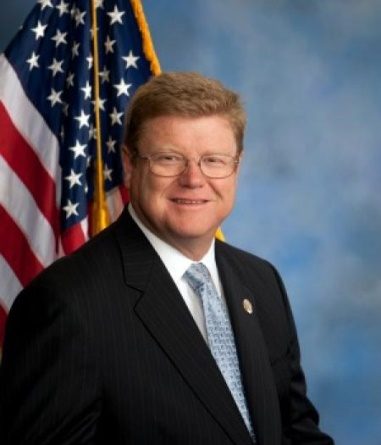Amodei reacts to Infrastructure bill
Robert Perea, The Fernley Reporter
Citing what he believes will be the negative impacts of the more than $1 trillion infrastructure bill passed by Congress and signed by President Joe Biden, Congressman Mark Amodei outlined in his monthly email newsletter why he voted against the bill and why he also opposes the proposed Build Back Better Act.
The infrastructure bill was passed by the House of Representatives on Nov. 5, nearly three months after it passed the Senate, and was signed by President Joe Biden on Nov. 15. Along the way, the bill was identified by many different names before ultimately being approved.
“No matter what you call it, we have over $3 trillion dollars added to the debt,” Amodei said.
Coming on the heels of several other stimulus packages totaling almost $6 trillion, one of Amodei’s objections is that there is already a massive amount of unspent money that could have been applied to infrastructure, such as transportation needs.
“For example, Nevada originally received $2.7B billion through the Coronavirus State Fiscal Recovery Fund (CSFRF) established in ARPA, but as of October 20th, the Nevada state legislature, which has jurisdiction over these funds, has only allocated around $700 million,” Amodei said.
Amodei said the among the negative impacts of the infrastructure bill are driving up taxes on U.S. businesses and workers, destroy energy independence, allowing China to dominate the critical mineral market, give broad authority to the Internal Revenue Service.
“This conjoined legislation is a catch-all for bad policy,” he said.
Amodei said one of the true intents of the bills is to subsidize an all-electric vehicle market, which he called “putting the cart before the horse.
“If the aim of converting to an all-EV market is really to reduce carbon emissions, we are essentially putting the cart before the horse by subsidizing this conversion before our electric grid can catch up,” he said.
Amodei said he believes converting to an all-electric fleet would be the responsibility of the private sector, not of government.
“To my knowledge, Jackson’s, Terrible Herbst, and Maverik weren’t built by federal government dollars,” he said.




